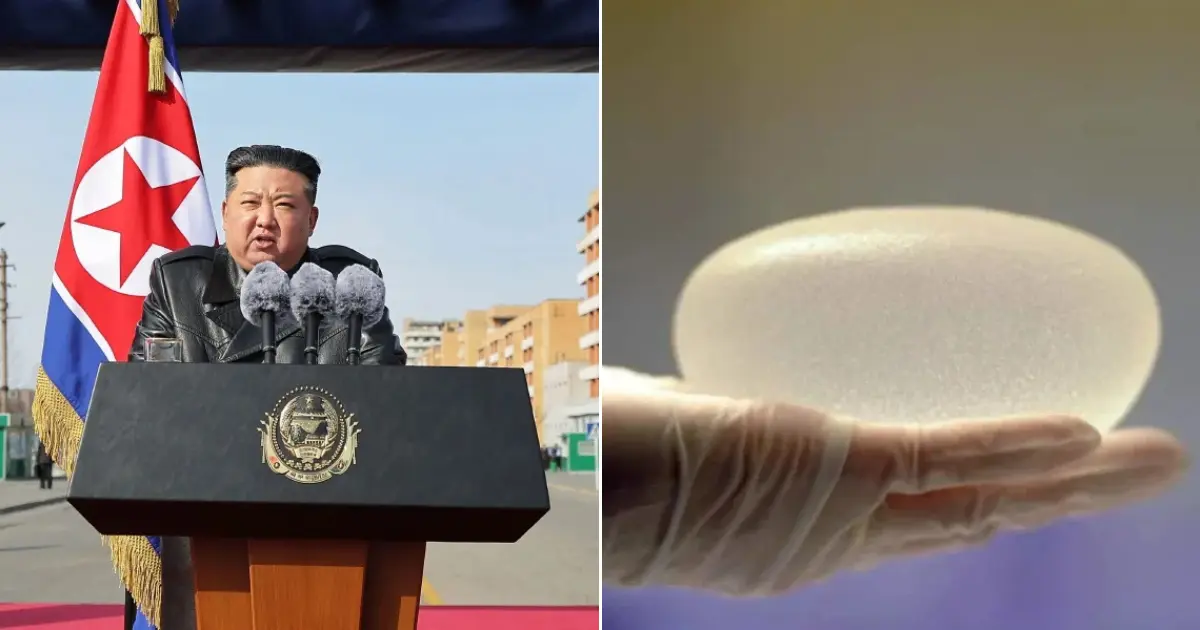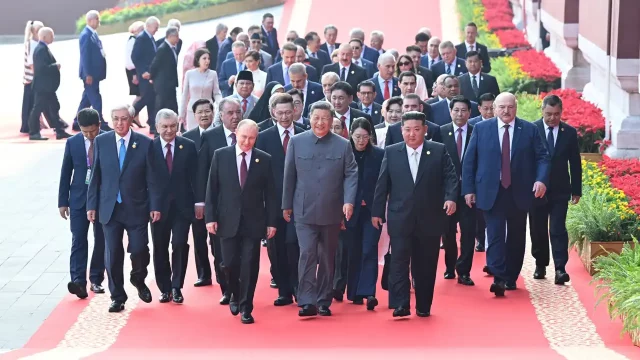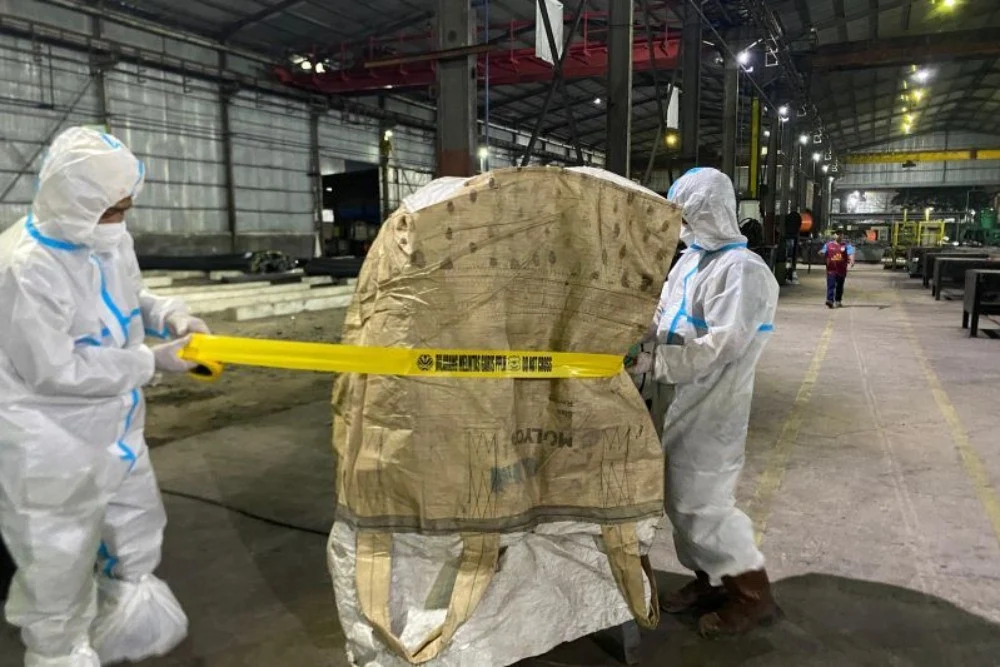North Korean leader Kim Jong Un has reportedly launched a nationwide campaign against cosmetic surgeries, particularly breast enhancement procedures, calling them acts of moral corruption and “capitalist decadence.” This move marks the latest in a long series of ideological purges aimed at curbing Western influence inside the isolated nation.
Government sources claim the campaign is framed as part of Kim’s broader mission to preserve what he calls the “pure socialist spirit.” State-run organizations have begun targeting women who undergo operations to alter their physical appearance, labeling the practice as an insult to the image of the “ideal Korean woman.”
According to local reports obtained from defector networks and foreign media outlets, unauthorized plastic surgeons and their clients are being detained. The accused allegedly face public shaming, imprisonment, or forced labor for violating national moral codes. This new directive has ignited widespread fear among women in Pyongyang and other major cities, where cosmetic enhancement had quietly gained popularity in recent years.
Secret Inspections and Surveillance Measures
Multiple sources indicate that state inspection teams have been deployed across urban centers to identify individuals suspected of undergoing plastic surgery. These teams reportedly include female security officers and medical specialists assigned to perform physical checks in hospitals and clinics.
Women showing visible signs of breast augmentation or facial modification are reportedly summoned for questioning. In several cases, witnesses say authorities forced them to undergo medical examinations to confirm the presence of implants or surgical alterations.
Neighborhood committees, already a crucial component of North Korea’s surveillance structure, have been ordered to monitor residents for unusual changes in appearance. Even minor cosmetic treatments, such as double-eyelid surgeries or eyebrow tattooing, are being investigated. Local “women’s unions” are reportedly conducting mandatory ideological education sessions, warning citizens about the dangers of “bourgeois beauty standards.”
The scope of the operation extends beyond private vanity; officials claim that women who undergo surgery are spreading “un-socialist trends” that threaten to contaminate national values. In essence, the crackdown equates personal appearance choices with political disobedience.
Public Trials and Political Theater
To reinforce its message, the regime has staged public trials of individuals accused of engaging in cosmetic procedures. In one recent case, a private doctor and two young women were paraded before a crowd and condemned for participating in what the state described as a “capitalist act of vanity.”
During the session, the presiding judge displayed confiscated surgical tools and silicone implants as “evidence of moral decay.” Witnesses described how prosecutors denounced the women for pursuing “foreign beauty ideals” instead of demonstrating loyalty to the nation’s revolutionary image.
State media outlets have also begun broadcasting cautionary stories, portraying cosmetic surgery as a betrayal of Korean identity. By framing aesthetic enhancement as a crime against socialism, the government uses these trials to reinforce obedience and promote ideological conformity. Analysts suggest these events serve a dual purpose—to deter imitation and to publicly reassert Kim’s moral authority at a time of economic hardship and food shortages.
Fear, Resistance, and Cultural Repression
The renewed assault on personal freedoms underscores how deeply the regime intertwines political loyalty with physical identity. North Korean women, particularly those in their 20s and 30s, have increasingly shown interest in beauty trends inspired by foreign media and South Korean culture. But this growing self-expression now collides with state-imposed uniformity.
Human rights observers warn that the policy could drive cosmetic practices underground, increasing health risks as unlicensed practitioners attempt to meet secret demand. Reports suggest that black-market clinics are already relocating their operations to rural areas to evade inspection.
Inside North Korea, ordinary citizens are reportedly torn between fear and silent defiance. Some continue to seek small, discreet modifications, while others abandon the idea entirely, afraid of being labeled “counter-revolutionary.”
Experts note that Kim’s latest decree reflects more than a moral crusade—it is also a symbolic act of control. By criminalizing aesthetic self-expression, the regime reasserts dominance not only over citizens’ speech and movement, but even over their bodies. The crackdown represents a chilling reminder that in North Korea, beauty itself has become political.


